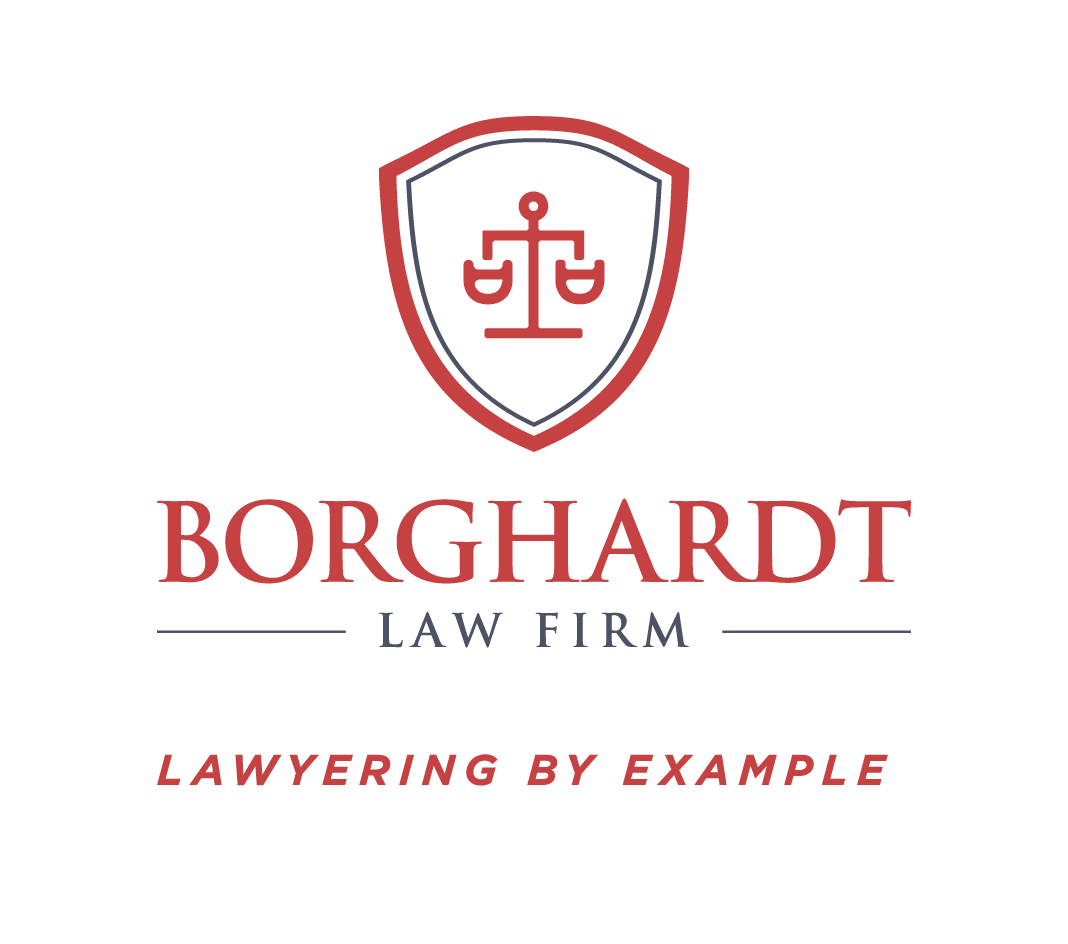How does a prosecution start? Grand Jury and Bill of Information
After being arrested or summonsed for an alleged crime, the case goes from the arresting law enforcement agency to the prosecuting agency. Formal prosecution can start in a few different ways.
One of the ways of being formally charged with a crime is through the filing of a bill of information. A bill of information is a document that a prosecutor drafts and files with the court. The document contains what the defendant is formally being prosecuted for and other general information about the case. The purpose is to put the defendant on notice of what their charges. It is important to note that the prosecutor doesn’t have to charge the accused with the arresting charges. The prosecutor can also decline charging someone if they feel that there is insufficient evidence to prove the case beyond a reasonable doubt. That is commonly called “no billing.”
Another way instituting prosecution is to present the case to a grand jury to determine formal charges. Some crimes, such as murder, must be presented to the grand jury. The grand jury is comprised of a group of citizens that meet and listen to evidence to determine if there is probable cause to support charging the accused with a crime. The proceedings are closed and any testimony or evidence presented is held in secrecy.
Sometimes, particularly on difficult or politically charged cases, a prosecutor will utilize the grand jury to decide if there should be a formal prosecution. A grand jury can formally charge the accused, which is called an “indictment.” A grand jury can also decline formal charges, which is called a “no true bill.” Lastly, a grand jury may say that there is insufficient evidence at the present time to decide one way or another whether to charge the accused of a crime, which is called “pretermitting.”
The accused cannot be forced to testify at a grand jury. If they do choose to testify, they have a right to have an attorney present, but the attorney is limited to answering questions that the accused may have.
Lastly, after the accused is formally charged, the court will give the accused notice of the charges and notice of an “arraignment.” An arraignment is where there is an entering of a plea of guilty, not guilty, or no contest. For questions on this blog or on criminal cases, please contact the Borghardt Law Firm.
Franz N. Borghardt

